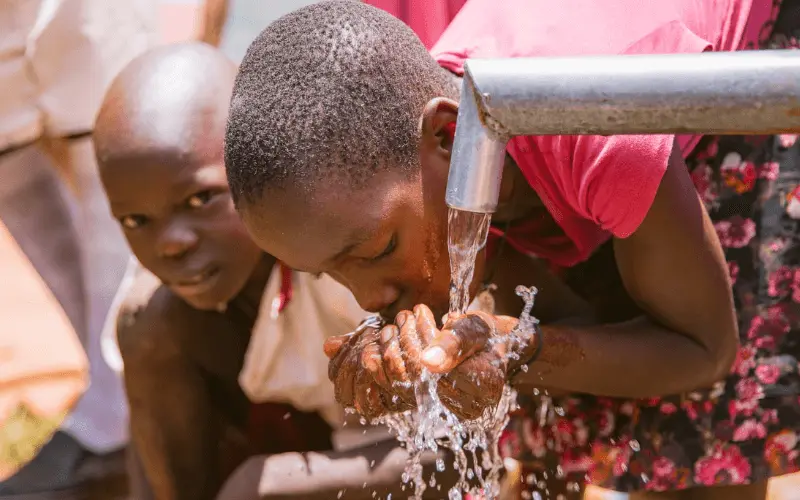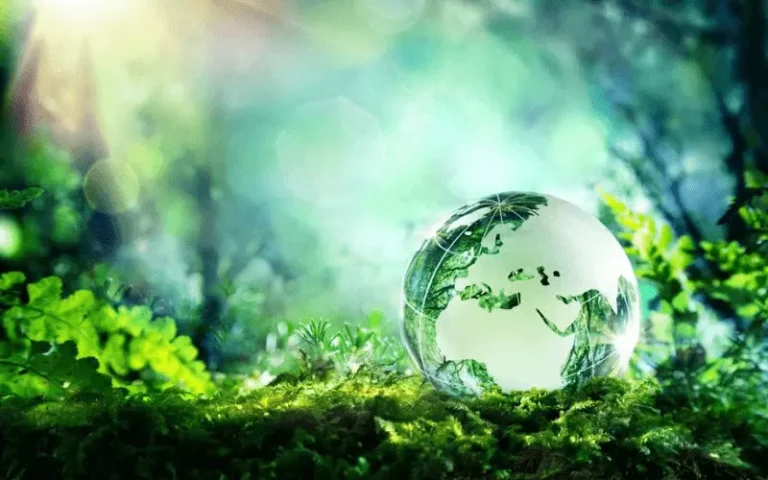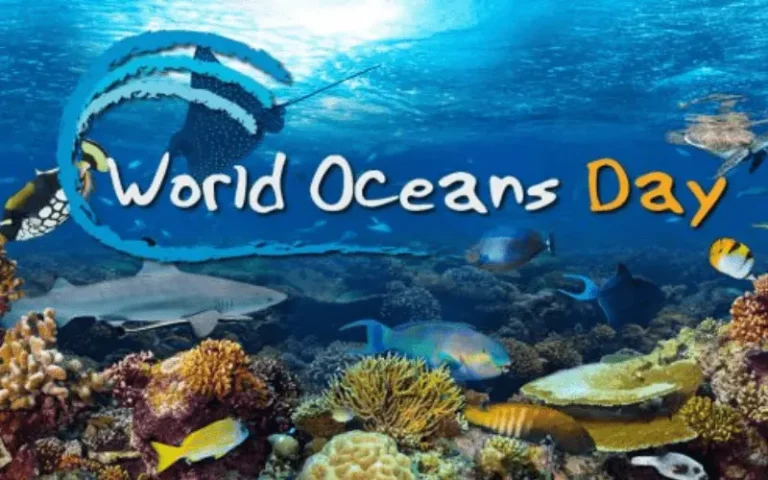World Water Day
Water is essential for all forms of life, covering about 71% of the Earth’s surface. It exists in various forms, from oceans and rivers to glaciers and groundwater. It plays a vital role in supporting ecosystems, regulating climate, and sustaining human life.
When is World Water Day, and what activities are done on this day? In this article, you’ll learn all about it. Just ensure you stay around till the end so you can learn everything well.
What’s World Water Day?
World Water Day, is celebrated on March 22nd each year. World Water Day serves as a reminder of the vital importance of freshwater resources for all aspects of life on Earth. It tells us we need to use water wisely and take care of it so that there’s enough for everyone now and in the future.
This day is celebrated throughout the world by arranging different activities that we’ll discuss in this writing piece. But now, let’s talk about the history of World Water Day.
History of World Water Day
World Water Day, celebrated on March 22 since 1993, is a yearly event recognized by the United Nations. It aims to raise awareness about the significance of freshwater and highlight the need for sustainable management of water resources.
Let’s talk about the importance of water and the goals of World Water Day.
Importance of Water & Goal of World Water Day
Water is essential for life on Earth, playing a crucial role in sustaining various ecosystems and supporting the existence of all living organisms. Its significance can be understood from multiple perspectives:
1. Biological necessity:
Water is fundamental for all biological processes. It constitutes a major component of all living beings’ cells, tissues, and organs. From metabolism to circulation, water is indispensable for maintaining bodily functions.
2. Hydration and health:
Adequate water intake is essential for maintaining proper hydration levels in the body. It helps regulate body temperature, aids digestion, cushions joints, and ensures the proper functioning of organs. Insufficient water intake can lead to dehydration, which can have detrimental effects on health.
3. Environmental balance:
Water is a vital component of the Earth’s ecosystems. It supports diverse habitats, from freshwater lakes and rivers to oceans and wetlands. These ecosystems provide essential services such as water purification, flood control, and habitat for numerous species.
4. Agriculture and food security:
Water is indispensable for agriculture, serving as a primary resource for irrigation. It enables the cultivation of crops and sustains livestock, contributing to global food security. Efficient water management practices are crucial for maximizing agricultural productivity while minimizing environmental impact.
5. Economic importance:
Water plays a significant role in various industries, including manufacturing, energy production, and tourism. Access to clean water is essential for industrial processes, energy generation, and recreational activities, driving economic development and livelihoods.
6. Cultural and social significance:
Water holds cultural and spiritual significance in many societies around the world. It has been revered in religious rituals, celebrated in art and literature, and plays a central role in cultural practices and traditions. Additionally, equitable access to clean water is essential for social equity and human development.
7. Environmental sustainability:
The availability and quality of water resources are increasingly threatened by factors such as pollution, over-extraction, climate change, and habitat destruction. Ensuring sustainable water management practices is critical for preserving water resources for future generations and maintaining the health of ecosystems.
Recognizing the importance of water and implementing effective water management strategies are essential for ensuring a sustainable future for both humanity and the planet.
The goal of World Water Day is to raise awareness about the importance of freshwater and advocate for the sustainable management of water resources.
This annual event, observed on March 22nd, aims to address global water-related challenges and encourage actions to ensure access to clean water for all.
The Problems Our Water is Facing
The problems our water is facing are given below:
- Pollution
- Dwindling Freshwater Resources
- Water Scarcity
- Lack of Access to Clean Water
- Ecosystem Destruction
- Climate Change Impact
- Groundwater Depletion
Addressing these challenges requires concerted efforts in water management, conservation, pollution control, and sustainable development practices at local, national, and global levels.
World Water Day Activities
World Water Day activities aim to raise awareness about water-related issues and promote actions to ensure sustainable management of water resources. Here are some activities commonly organized to commemorate World Water Day:
1. Educational Workshops and Seminars
Organize workshops, seminars, and educational sessions to educate communities about the importance of water conservation, sustainable water management practices, and the impacts of water pollution.
2. Community Clean-up Campaigns
Mobilize communities to participate in clean-up campaigns along rivers, lakes, beaches, and other water bodies to remove litter and debris, improving water quality and ecosystem health.
3. Water Conservation Campaigns
Launch campaigns to promote water conservation practices such as fixing leaks, using water-efficient appliances, and practicing water-saving behaviors both at home and in businesses.
4. Art and Essay Competitions
Organize art exhibitions, essay competitions, and other creative activities to engage students and youth in expressing their thoughts and ideas about water conservation and sustainability.
5. Technology Showcases and Innovations
Showcase innovative technologies and solutions for water purification, wastewater treatment, and water conservation to inspire stakeholders and promote their adoption.
6. Public Awareness Campaigns
Launch public awareness campaigns through media, social media, and public events to inform people about water-related issues, encourage behavior change, and promote a sense of collective responsibility towards water resources.
7. Water-themed Events and Festivals
Organize water-themed events, festivals, and celebrations featuring music, dance, theater, and cultural performances to engage people in a fun and interactive way while raising awareness about water issues.
By participating in these activities, individuals, communities, and organizations can contribute to the global effort to safeguard water resources for present and future generations.
World Water Day Quotes
Here are some quotes related to World Water Day:
- “Water is the driving force of all nature.” – Leonardo da Vinci
- “Thousands have lived without love, not one without water.” – W. H. Auden
- “We forget that the water cycle and the life cycle are one.” – Jacques Yves Cousteau
- “When we protect our rivers, we’re also protecting our forests, our mountains, and our oceans. Everything is connected, and when we harm one piece of the planet, it affects everything else.” – Mark Ruffalo
These quotes capture the essence of the importance of water in our lives and the need to protect and preserve this precious resource.
Read other Awareness Days Guides by daysdiscuss.
World Water Day Gallery
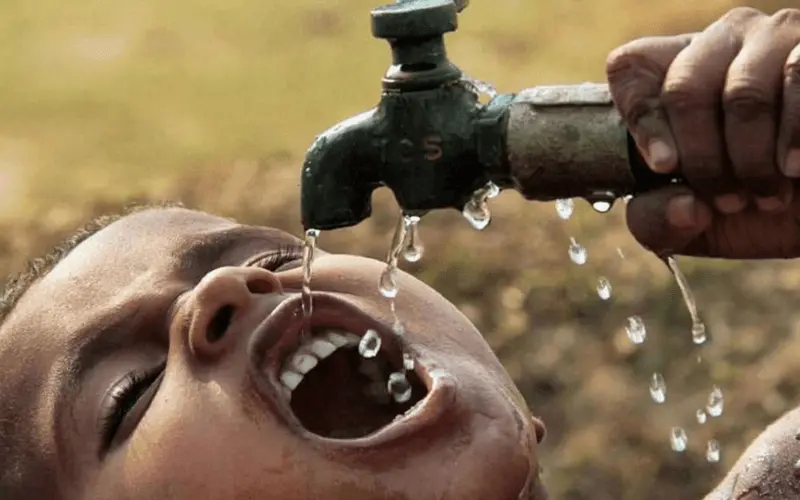
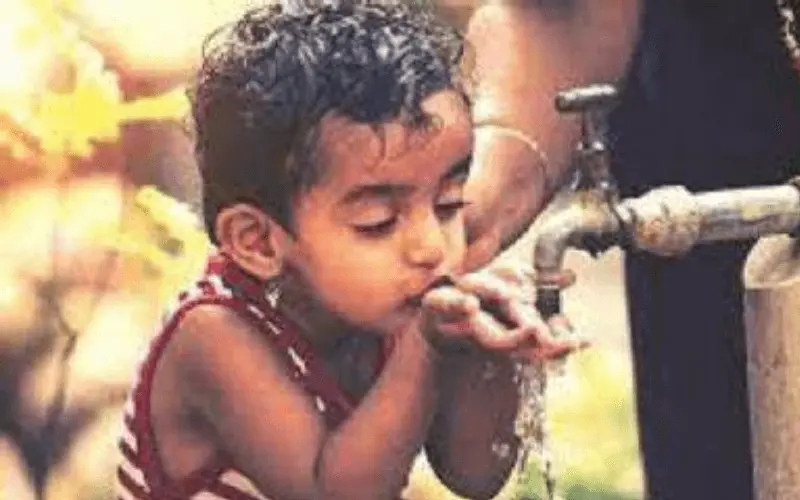
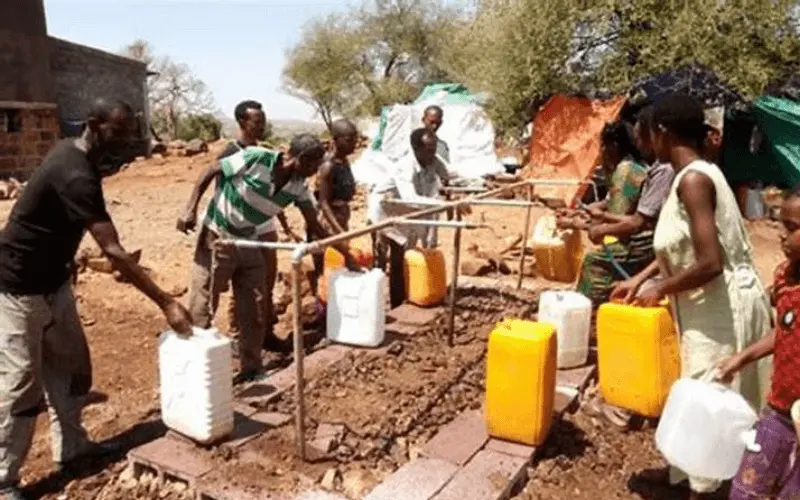
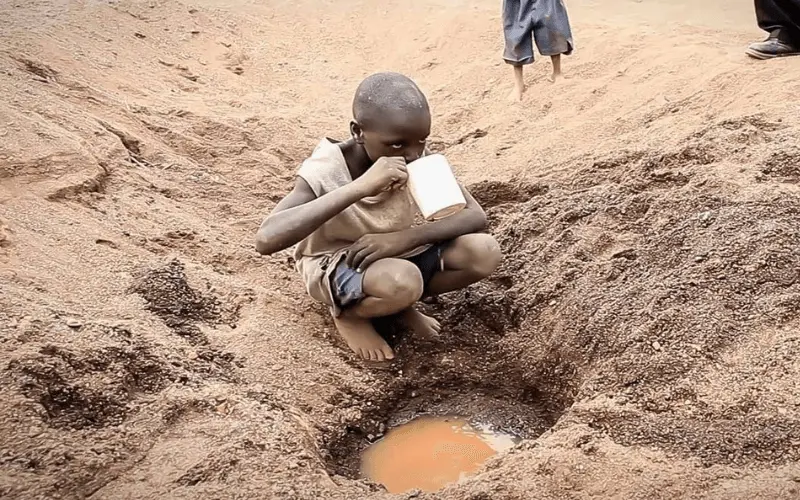
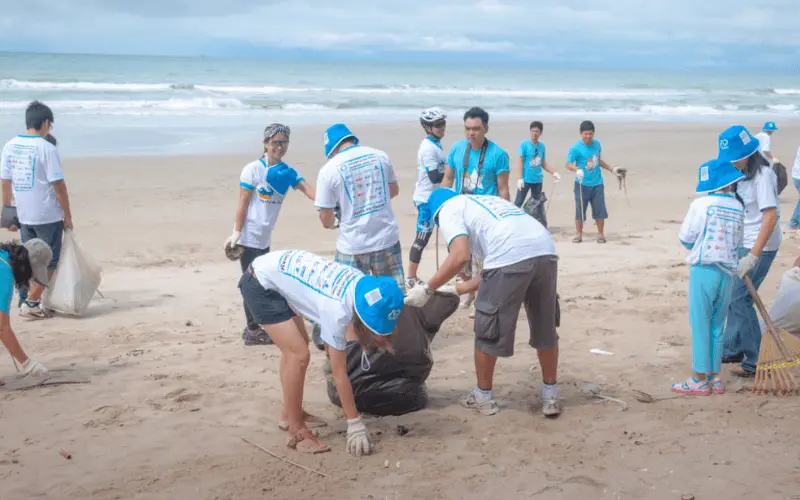
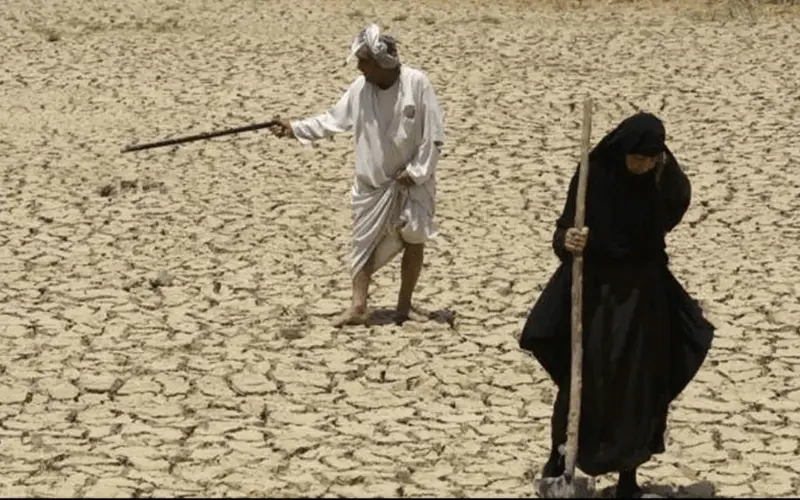
Frequently Asked Questions
On which date World Water Day 2024 will be celebrated?
People will celebrate World Water Day 2024 on March 22nd.
Is World Water Day a public holiday?
No, World Water Day is not a public holiday. Instead, it is observed as a global awareness day, during which various activities and events are organized to raise awareness about water issues and promote action for sustainability.
What is the theme for World Water Day 2024?
The theme for World Water Day 2024 is “Water for Peace”. The theme “Water for Peace” emphasizes the crucial role that water plays in promoting peace and resolving conflicts. It highlights the idea that equitable access to water resources, effective water management practices, and cooperation among nations can contribute to peaceful relationships and prevent disputes over water scarcity or contamination.

